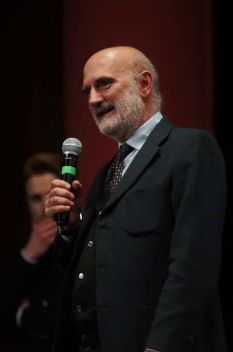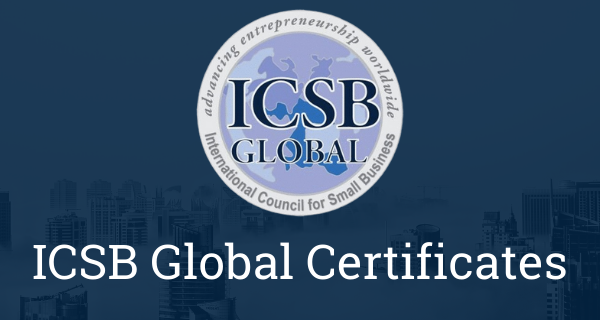ICSB Special Certificate Program:
Teaching the United Nations Sustainable Development Goals (SDGs) – May 7-9, 2020

ICSB continues to innovate with the Second specialized Online Certificate with Drs. Chantal Line Carpentier, Ayman El Tarabishy, and Alex DeNoble on Teaching the United Nations Sustainable Development Goals (SDG’s).
Module One: May 7 from 11 am to 12:30 ET.
Module Two: May 8 from 11 am to 12:30 ET.
Module Three: May 9 from 11 am to 12:30 ET.
Overview
The 2030 Agenda for Sustainable Development is a global plan of action for people, planet, and prosperity, which demands an entirely new level of international partnership in pursuit of the future we all want.
The United Nations Sustainable Development Goals were designed by establishing working groups worldwide to fully understand the depth of global needs to bring about an equitable world that centers itself around the most vulnerable of society. They seek to eliminate and end all social, economic, and environmental abuses at play throughout our current systems of oppression. The SDGs have a purposeful interrelated nature, which allows those working to recognize that many of these societal holes are both affected by and affect one another.
How do we teach the SDGs in our classrooms? This special ICSB certificate brings the United Nations and ICSB to help explain how and with hands-on examples.
Session 1: Understanding the SDGs: A UN Perspective & Academic View
Globalization, including a phenomenal expansion of trade, has helped lift millions out of poverty. Yet, there is still a clear divide amongst those who have benefitted and those who have not. Therefore, tremendous challenges remain.
The United Nations Conference on Trade and Development (UNCTAD) supports developing countries to access the benefits of a globalized economy more fairly and adequately. UNCTAD supports by equipping them to deal with the potential drawbacks of greater economic integration, in providing analysis, facilitates consensus-building, and offers technical assistance, which allows developing nations to use trade, investment, finance, and technology as methods for inclusive and sustainable development.
This session will explain the creation and purpose of the SDGs, both from the perspective of their creator, the United Nations and from academia, who hold a grand responsibility to educate upcoming entrepreneurship leaders. Learning about the SDGs from this two-fold perspective will promote your full-through comprehension, which will make you more capable of adequately applying these goals in the future.
Session 2: How to integrate the SDGs into Your Classroom
This session will discuss the multidisciplinary role that educators will learn to uphold when integrating the SDGs into their syllabus. The following details the characters with which you will engage:
- Student role: Teachers must first educate themselves fully before attempting to share the information.
- Collaborative role: A significant strength of universities is the capacity for cross-disciplinary research and teaching.
- Evidence-based knowledge role: Governments all around the world are looking to make sound decisions based on scientific evidence. Universities bestow a crucial role in conveying the proper and essential knowledge and insights to the ‘outside’ world.
- Advocating role: Universities are held to a rightfully high standard and are globally respected for their research and subsequent societal contributions. Higher education and institutions need to be an ongoing voice, advocating for the importance of implementing these global goals.
Session 3: SDGs – Covering Small Businesses, Women Entrepreneurs, the Youth, and Humane Enterprises
By, first, providing economic and social development training that empowers women to earn and save money, live healthier lives, participate in decision making for their homes and communities, and connect with other women in strength and solidarity, we will enhance the global possibility for new and innovative solutions.
Inactivating the powers withheld by youth, to best contribute to the achievement of the Sustainable Development Goals (SDGs), in three stages: Awareness, Understanding, and Action. The core of the SDG initiative is to drive action by those typically left out of the workforce to create a better world by moving beyond the traditional advocate role.
All Certificate Attendees with Receive an ICSB Global Certificate and Badge of Completion.
Dr. Chantal Line Carpentier
Dr. Chantal Line Carpentier is the Chief of UNCTAD New York. Prior to 2014, she was actively involved in the successful negotiations of the Sustainable Development Goals for the UN Department of Economic and Social Affairs (DESA).
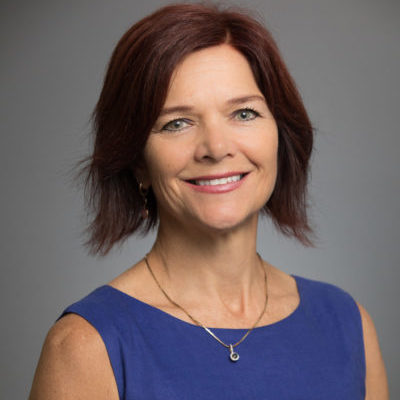
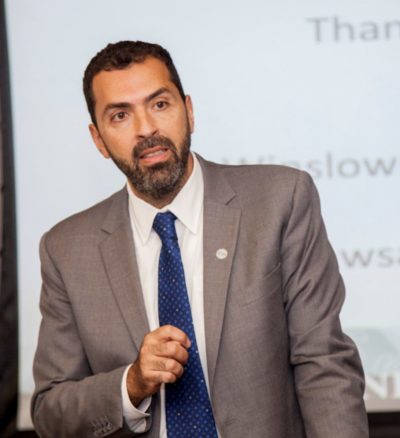
Dr. Ayman El Tarabishy
Dr. Ayman El Tarabishy is the deputy chair and teaching professor of the Department of Management at the George Washington University School of Business. He also serves as the Executive Director of ICSB.
Dr. Alex DeNoble
Dr. Alex F. DeNoble is a Professor of Management and Executive Director of the Lavin Entrepreneurship Center in the College of Business at San Diego State University. He currently also serves as the Chair of the College of Business Steering Committee. Prior to his role in the Lavin Entrepreneurship Center, he served for 3 years as the Chair of the Management Department in the College of Business.
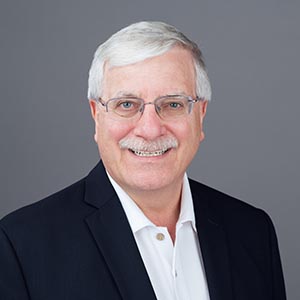
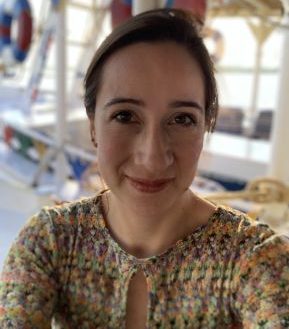
Ms. Susana Puerto
Susana Puerto leads the Global Initiative on Decent Jobs for Youth, an inclusive multi-stakeholder partnership chaired by the International Labour Organization (ILO) to scale up action and impact on youth employment within the 2030 Agenda for Sustainable Development.
Dr. Roberto Parente
Prof. Roberto Parente is a Full professor of Entrepreneurship and Innovation at the University of Salerno. He’s Deputy Director of the Management and Innovation Systems Department and Rector’s special Delegate to support Student Entrepreneurship. He’s Founder and Director of LISA Lab Centre of Research on High Tech Entrepreneurship.
